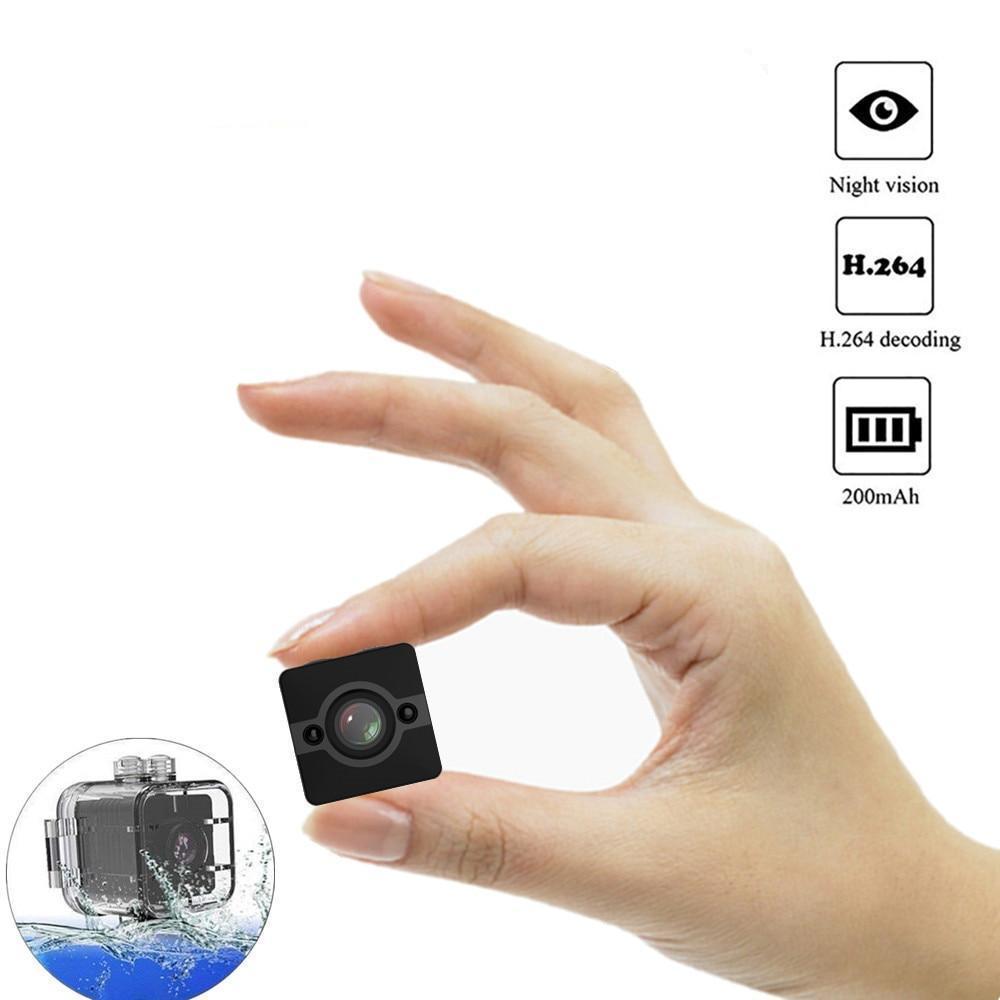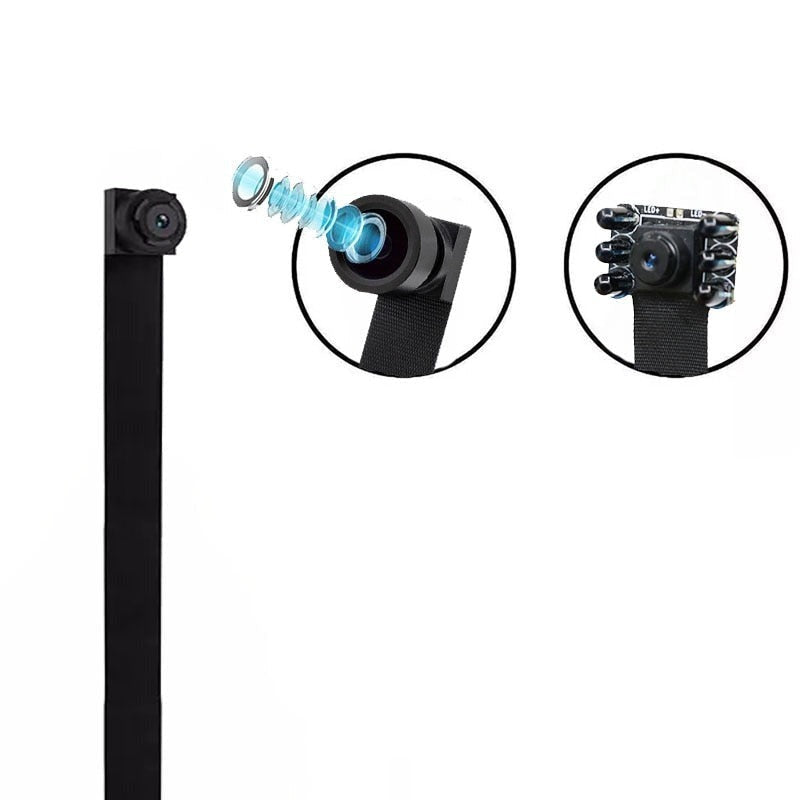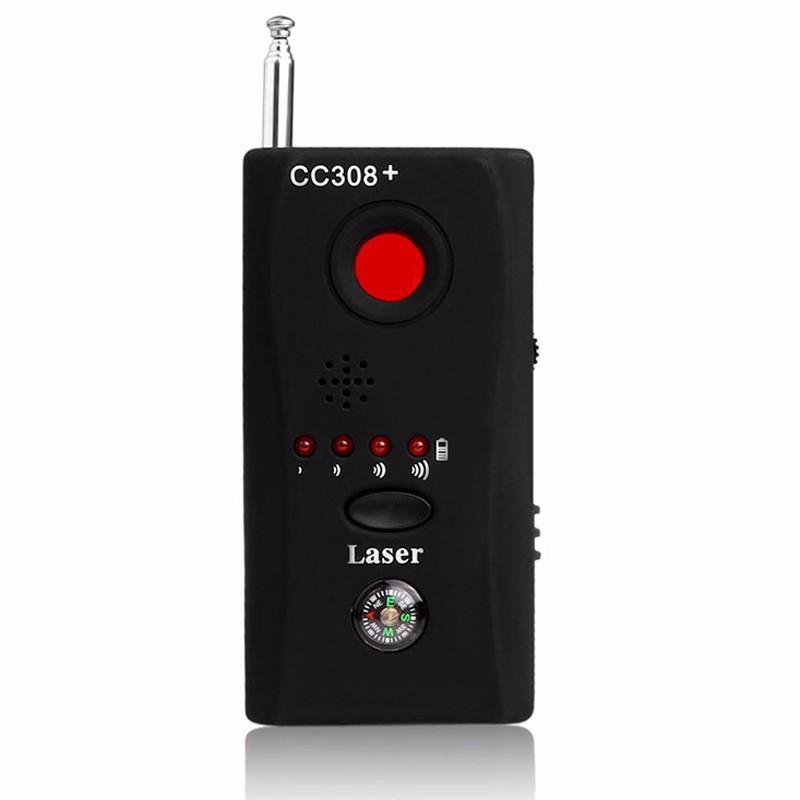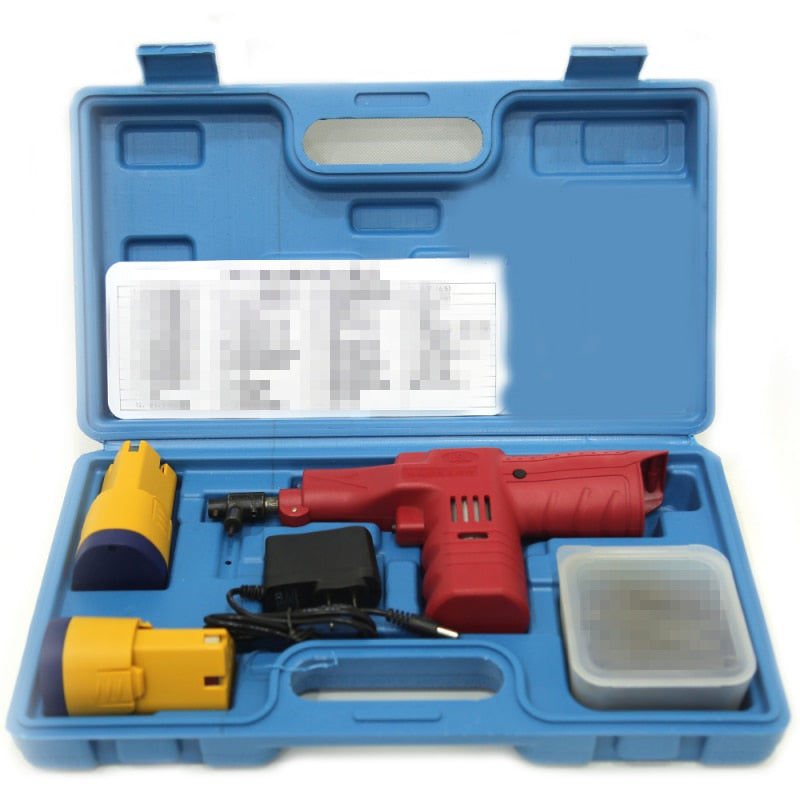
How to Scan your Car for a Tracking Device (Tips)
As car tracking devices become increasingly prevalent, it is simpler for individuals to keep tabs on your location without your awareness or permission.
This article guides you on inspecting your vehicle for tracking devices, discussing various types of trackers, their functioning, and signs of their presence. It offers a detailed walkthrough on searching for a tracker and advises on legal rights and preventative measures to avoid being tracked.
We will teach you how to scan and detect a tracking device below. Should you discover a tracking device in your vehicle, we will advise you on the subsequent steps and inform you about your legal rights as a motorist. Moreover, we will share some suggestions on how to prevent your car from being tracked initially. So, let’s get started and take back our privacy!
Step-by-Step Guide to Scanning Your Car for a Tracking Device
If you suspect that your car has been fitted with a tracking device, there are several steps you can take to scan and locate it.
Below is a detailed walkthrough for inspecting your vehicle for the presence of a tracking device.
Step 1: Disconnect Any Visible Trackers

The first step is to remove any visible trackers that you can see attached by a magnet or data connector plug. If the tracker has its battery, remove it as well.
Step 2: Check for Suspicious Wiring

Next, check for any new or suspicious wiring in the vehicle. Look for wires that lead to places they shouldn’t be going, such as under seats or behind panels.
Step 3: Use an OBD2 Scanner
 Video | Car and Driver
Video | Car and DriverAn OBD2 scanner is a handy tool used to diagnose problems with vehicles. It can also detect unfamiliar devices in the car’s diagnostic port. Connect the scanner and run through its functions, noting any unusual readings.
Step 4: Inspect the Vehicle

Check the vehicle thoroughly for any physical tracker or suspicious devices, such as small boxes attached with magnets under fenders or other hidden locations- someone might have planted something on your car without your knowledge!
Step 5: Consider Professional Help

If you’re unsure after these steps, consider using a professional tracker detection service like GPS Tracking Experts. They have specialized tools and expertise to find even the most discreetly hidden tracking devices.
What to Do If You Find a Tracking Device in Your Car
Perform an Exterior and Physical Inspection
If you suspect your car is being tracked, performing an exterior and physical inspection is important. Inspect the car’s underside for suspicious wires or attached devices. You can use a flashlight to get a better view and a mirror to see hard-to-reach areas.
Checking Magnetically-attached Devices
Next, check for any magnetically-attached or wired devices underneath the driver’s side dash. These are common areas where tracking devices are hidden. Look for anything unusual that does not belong there.
Disconnect the Power Source
If you find a tracking device, it’s essential to disconnect the power source and carefully remove it from your car. You can achieve this by following online guides, but if you feel unsure about the procedure, it may be worthwhile to consult a specialist at a spy shop for professional advice. Alternatively, you can employ a signal detector to assist in identifying concealed devices within your vehicle. Discovering a waterproof black box or antennas not included in your car’s original equipment may suggest unauthorized tracking.
Types of Car Tracking Devices and How They Work
 Video | BMAC VAGS
Video | BMAC VAGSCar tracking devices primarily fall into two categories:
Active GPS trackers and passive vehicle tracking systems. The former provides real-time information on the car’s position, whereas the latter retains data for subsequent retrieval.
Active GPS trackers can be purchased at large retail stores or online, making them readily available for those who require them. Conversely, detecting passive vehicle tracking systems necessitates a thorough vehicle inspection.
Active GPS tracking devices function much like mobile phones, utilizing an internet connection to collect data on a car’s whereabouts. They can even monitor how many miles a car has driven over time, which insurers may offer coverage based on. An activity tracker is also useful for safeguarding against theft since you will always know your car’s location in real-time.
It’s important to conduct regular checks for any possible external devices that might have been installed on your car‒to determine if something fishy is going on, take some extra precautions by examining specific areas of your vehicle where trackers are commonly found like under-door objects or anywhere that requires access under the hood, etc.
Knowing what kind of tracking device has been installed can help you come up with suitable counter-measures against potential stalkers or cyber-criminals targeting you while also ensuring that you won’t unknowingly suffer unnecessary surveillance from people who want to track your movements without consent.
Signs Your Car May Have a Tracking Device

If you think that someone is keeping tabs on your movements, then there’s a chance your car may have a tracking device. Here are some tips to help you check if an unauthorized GPS tracker is installed in your vehicle.
First, inspect your car’s exterior for suspicious items like black boxes or magnets. Check areas such as the wheel wells, gas tank, under the vehicle, and underneath its bumpers. Waterproof black boxes attached to magnets are often used to conceal GPS trackers.
Next, use a GPS bug detector to confirm if there’s a tracker hidden in your car. You can also visit a spy shop for help finding hidden bugs and GPS trackers you may not be able to detect on your own.
Finally, common places where GPS trackers are hidden include the OBD port (an interface used by mechanics), underneath the car, or inside the dashboard or seats.
If you find one of these devices in your car using one of these methods, don’t remove it yourself as it may compromise evidence- instead, seek professional help immediately.
Installing an unauthorized tracking device can be illegal, so always verify who has access to your vehicle before conducting any inspections or seeking professional help.
Adhering to these guidelines and remaining watchful for potential devices in and around your vehicle can improve your security and foster a sense of serenity while driving.
Required Equipment to Check Your Car for a Tracking Device

Various tools are at your disposal to assist you in locating and exposing any active tracking devices.
An electronic sweeper can inspect your vehicle for any possible tracking devices. This instrument identifies active trackers by assessing the radio frequency within the car. It’s important to note that monitored GPS tracking devices transmit real-time location data of the vehicle, underscoring the importance of having a reliable detection device like the Pro-10G.
Although car-specific GPS trackers can be acquired from large retail stores or online vendors, choosing a versatile tracker like the Tracki 4G Mini GPS Tracker could be advantageous for monitoring your vehicle.
Additionally, having an automotive diagnostic s
Comprehending the Legal Consequences of Vehicle Tracking Devices and Your Privileges as a Motorist
Awareness of your legal rights is crucial if you are worried about unsanctioned tracking. Placing a tracking device on someone else’s vehicle without their consent is not allowed and may lead to legal ramifications. However, there are exceptions to this rule.
As a private person, you can utilize a tracking device on a car you possess or on an asset that may be taken without your consent. Additionally, for safety reasons, parents can use tracking devices on their children who are under 18 years of age.
Tracking someone else’s vehicle is permissible if you own it and the GPS device is on the outside. However, the action becomes unlawful if an insurance company requires a GPS-tracking device. Conducting routine car inspections or consulting with professionals if you believe a tracking device has been installed on your vehicle is consistently wise.
Drive and save programs have become increasingly popular among car insurance companies as they monitor driving habits using trackers in exchange for discounts. When it comes to businesses, they can legally use hidden GPS trackers only if they own the automobile or asset being monitored.
Lastly, Apple’s AirTag provides an easy solution for monitoring belongings such as keys or backpacks with location-tracking technology. Knowing these legal implications of car tracking devices can help protect drivers’ privacy while respecting others’ right to track when necessary.
Preventative Measures to Protect Your Car from Tracking Devices
When it comes to protecting your car from tracking devices, there are a few measures you can take. Here’s what you need to know:
- Firstly, inspect your car for any tracking devices. Inspect your car’s trunk, engine space, wheels, and interior. Stay alert for sturdy black boxes attached to the automobile, as they could be GPS trackers.
- Additionally, install applications that obstruct tracking devices. These apps disrupt GPS signals and stop anyone from tracking your movements.
- Utilize a GPS device detector to search for concealed trackers. These detectors are user-friendly and can swiftly detect any GPS signals nearby.
- If you discover a tracker on your car, interfere with it by disconnecting or severing its power source. This action will disable the device and prevent anyone from monitoring your movements.
By implementing these preventive measures, you can safeguard your privacy and maintain the confidentiality of your movements while on the road. It’s important to stay vigilant and regularly check for any new tracking devices that may have been installed on your car without your knowledge.
Understanding The Risks of Car Tracking Devices
 Video | BMAC VAGS
Video | BMAC VAGSCar tracking devices have become increasingly popular in recent years, with car insurance trackers and GPS tracker apps being among the most common. Although such devices provide advantages like enhanced driving behavior and more favorable insurance rates for motorists, it’s crucial to be aware of the associated risks.
GPS tracking apps are frequently employed as safety precautions for crash detection or locating clients in hazardous situations. Nevertheless, these apps can track an individual’s movements without awareness or approval.
One typically needs to use another electronic device called a GPS bug detector to detect GPS tracking devices on vehicles. This instrument aids in identifying any GPS tracker hidden in your car by picking up its signal.
While car tracking devices may offer certain benefits, weighing the pros and cons before deciding whether or not to use them is crucial.
Resources
Organizations:
- Electronic Frontier Foundation (EFF) Link: https://www.eff.org
- American Civil Liberties Union (ACLU) Link: https://www.aclu.org
Video References:
Car and Driver
BMAC VAGS
TrackingSystemDirect
electronicsNmore
















